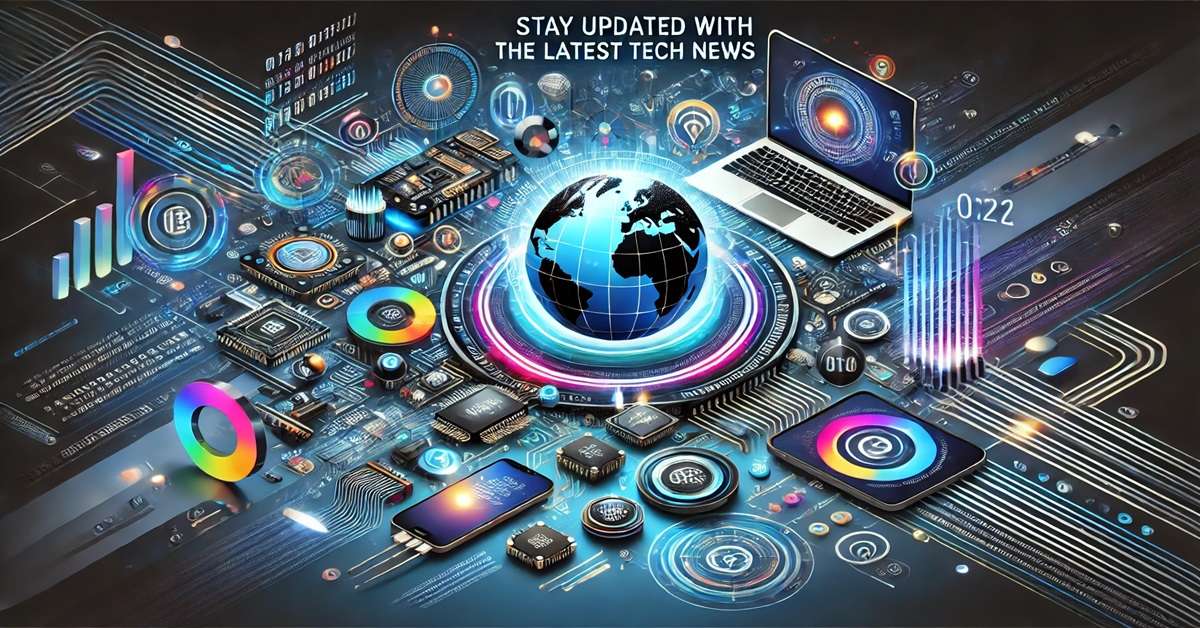Taiwan’s Tech Surge vs. South Korea’s Political Turmoil

As South Korea grapples with significant political unrest, its equity market faces the risk of lagging behind Taiwan’s booming technology sector. Taiwan’s stock market has surged nearly 30% this year, marking its best performance since 2009. This growth has led to a historic divergence between the two tech-centric economies. With major global players like Nvidia and Microsoft increasingly relying on Taiwanese firms, the gap in market capitalization between Taiwan and South Korea has widened to approximately $950 billion. As both nations prepare for potential challenges from the incoming U.S. administration, investors are increasingly optimistic about Taiwan’s economic prospects compared to South Korea’s uncertain political landscape.
Taiwan’s Stock Market Performance
Taiwan’s stock market has experienced a remarkable surge, driven largely by the success of Taiwan Semiconductor Manufacturing Company (TSMC). TSMC, the world’s leading advanced chipmaker, has seen its shares soar by 80% this year. This growth is significant, as TSMC accounts for 37% of Taiwan’s benchmark index. The company plays a crucial role in supplying advanced chips to tech giants like Nvidia and Apple. In contrast, South Korea’s Samsung Electronics, the country’s most valuable company, has struggled. Samsung’s stock has plummeted by 31% this year due to concerns over its slow progress in AI technology and ongoing management issues.
The disparity in performance between the two markets is stark. Taiwan boasts over 40 AI-related firms that constitute about 73% of the MSCI Taiwan index, while South Korea’s AI exposure is limited to just 33%. Analysts predict that Taiwan’s earnings per share estimates will continue to rise, while South Korea’s are expected to decline. This trend highlights the growing importance of AI in the global economy and Taiwan’s pivotal role in this sector.
Political Instability in South Korea
South Korea’s political landscape has become increasingly chaotic, particularly following President Yoon Suk Yeol’s controversial decision to impose martial law in an attempt to break a parliamentary deadlock. This move backfired, leading to widespread criticism and further complicating the nation’s political situation. The turmoil has cast a shadow over South Korea’s economic outlook and may hinder the Corporate Value-Up program, which aims to enhance shareholder returns and address the long-standing “Korea Discount”—a term used to describe the depressed valuations of South Korean equities.
The Kospi, South Korea’s main stock index, has fallen more than 8% this year, making it one of the worst-performing major equity indexes globally. The ongoing political instability has deepened the gap between South Korea and Taiwan, as investors grow increasingly wary of South Korea’s economic prospects. The need for corporate governance reforms has become more pressing, as these changes are essential to restoring investor confidence and improving market performance.
The Impact of U.S. Tariffs
As both Taiwan and South Korea brace for potential higher tariffs under the incoming U.S. administration, analysts believe that Taiwan may be better positioned to weather these challenges. Historical data shows that many Taiwanese exports were exempt from tariffs during previous trade disputes, as they are integral components of U.S. tech supply chains. TSMC’s prominence in the global AI trade further bolsters Taiwan’s position, making it less vulnerable to punitive measures.
Moreover, the growing participation of local investors in Taiwan’s stock market provides an additional buffer against external shocks. As the global investment climate becomes more unpredictable, Taiwanese retail investors are increasingly focused on long-term investing. This trend is expected to drive consistent inflows into local stocks, further supporting the market. In contrast, South Korea’s economic fundamentals appear weaker, raising concerns about its ability to cope with potential trade disruptions.
Observer Voice is the one stop site for National, International news, Sports, Editor’s Choice, Art/culture contents, Quotes and much more. We also cover historical contents. Historical contents includes World History, Indian History, and what happened today. The website also covers Entertainment across the India and World.

